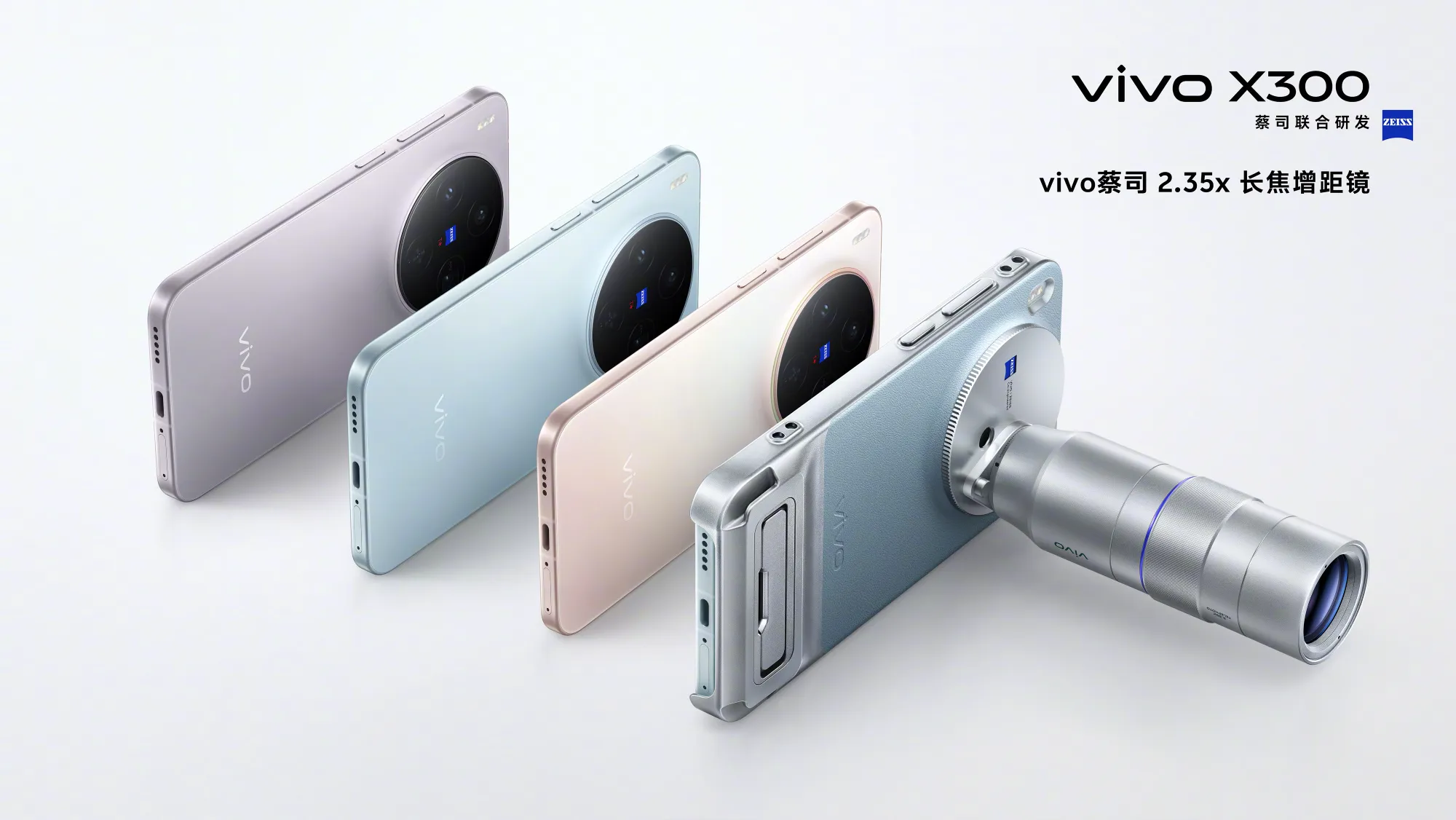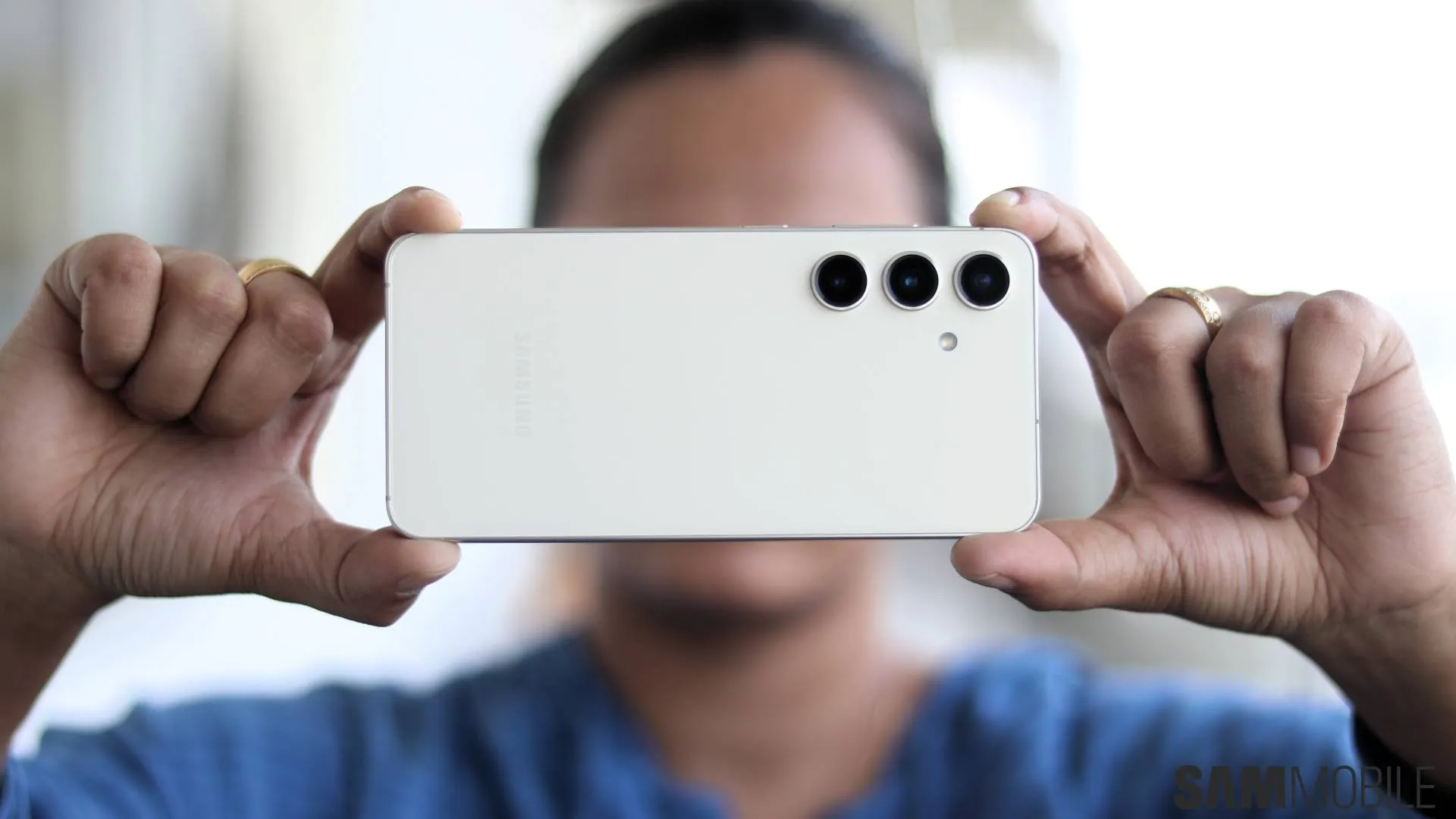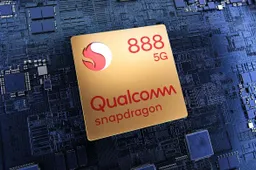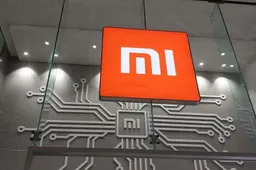Samsung has unveiled Android 11 release schedule for more than 40 models
SamsungWednesday, 02 December 2020 at 05:50
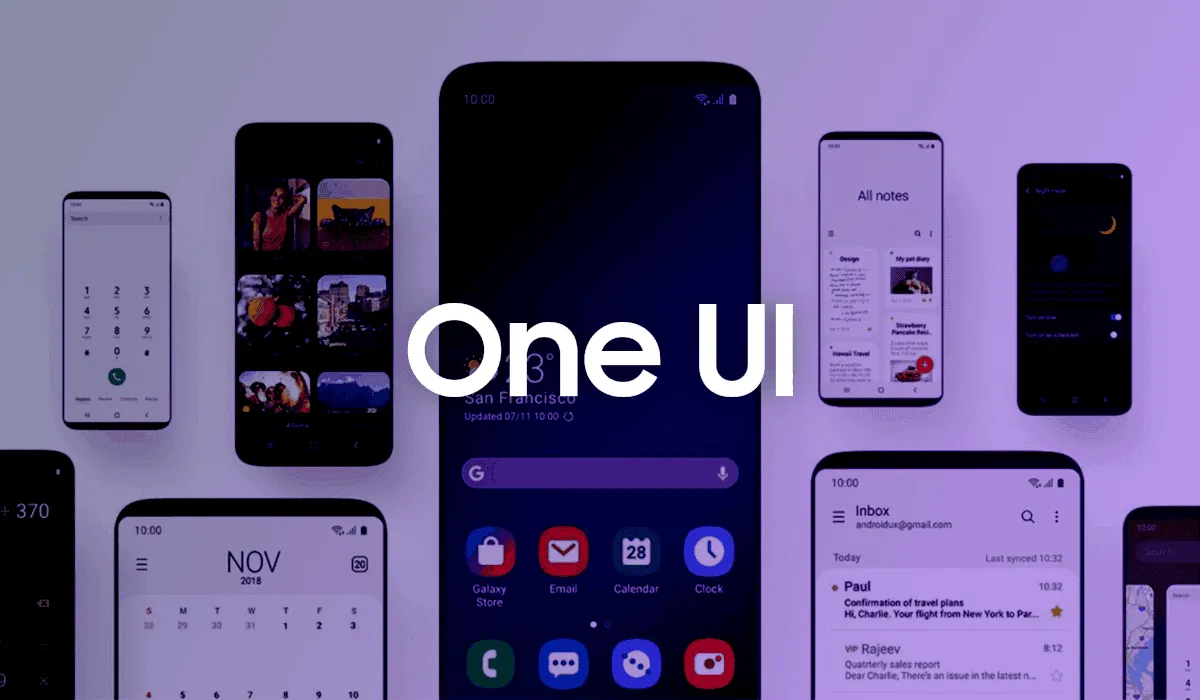
Samsung has declassified its plan to release stable versions of the proprietary One UI 3.0 user interface based on the fresh Android 11 operating system. The timeline covers more than four dozen models of smartphones and tablets.
Samsung has unveiled Android 11 release schedule for more than 40 models
So, the company did not make any loud announcements about this. However, the list is quite official, it was published by Samsung in the Samsung Members app for users in Egypt. Note that the exact timing of the firmware release may vary from region to region.
So far, Samsung has released beta versions of One UI 3.0 for the Galaxy S20, Galaxy Note20, Galaxy S10, Galaxy Note 10, Galaxy Z Flip and Galaxy Z Fold 2 series.
The release schedule for stable versions of One UI 3.0 is as follows:
- December 2020: Galaxy S20, Galaxy S20 + and Galaxy S20 Ultra
- January 2021: Galaxy S10, Galaxy S10 +, Galaxy S10 Lite, Galaxy Note 10, Galaxy Note 10+, Galaxy Note 20, Galaxy Note 20 Ultra, Galaxy Z Flip, Galaxy Z Fold 2
- February 2021: Galaxy Fold
- March 2021: Galaxy M21, Galaxy M30s, Galaxy M31, Galaxy A51, Galaxy Note 10 Lite, Galaxy Tab S7
- April 2021: Galaxy A50, Galaxy M51
- May 2021: Galaxy A21s, Galaxy A31, Galaxy A70, Galaxy A71, Galaxy A80, Galaxy Tab S6 and Galaxy Tab S6 Lite
- June 2021: Galaxy A01-Core, Galaxy A01, Galaxy A11, Galaxy M11, Galaxy Tab A
- July 2021: Galaxy A30, Galaxy Tab S5e
- August 2021: Galaxy A10, Galaxy A10s, Galaxy A20, Galaxy A20s, Galaxy A30s, Galaxy Tab A 10.1, Galaxy Tab Active Pro
- September 2021: Galaxy Tab A8 (2019)
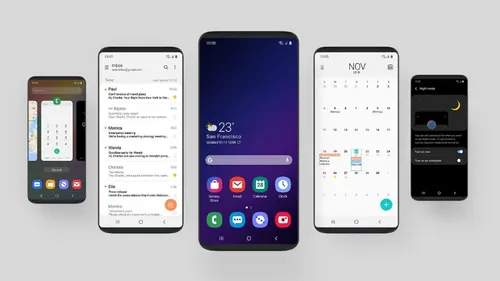
Samsung, Huawei and Xiaomi topped the smartphone market in Q3 2020
Analytical agency Gartner has published another report on the smartphone market. As it turned out, in the third quarter of this year, 366 million smartphones were sold worldwide, which is 5.7% less than in the same period last year. And although the drop is noticeable, it is less than 20%, which the market fell by in the first half of the year.
Samsung is still the leader with 80.82 million units sold and 22% of the market. In general, of the Top 5 manufacturers, only Samsung and Xiaomi were able to increase sales - by 2.2% and 34.9%, respectively. Huawei is in second place with 51.83 million smartphones sold - its market share is 14.4%. Xiaomi sold 44.41 million smartphones - equivalent to a market share of 12.1%.
Apple is in fourth place. Between July and September, the company sold 40.6 million smartphones - its market share was 11.1%. Interestingly, Oppo is not far from Apple: in the third quarter, it sold 29.89 million smartphones (the market share of this company is 8.2%).
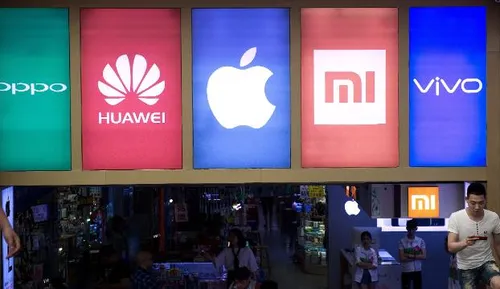
Loading

